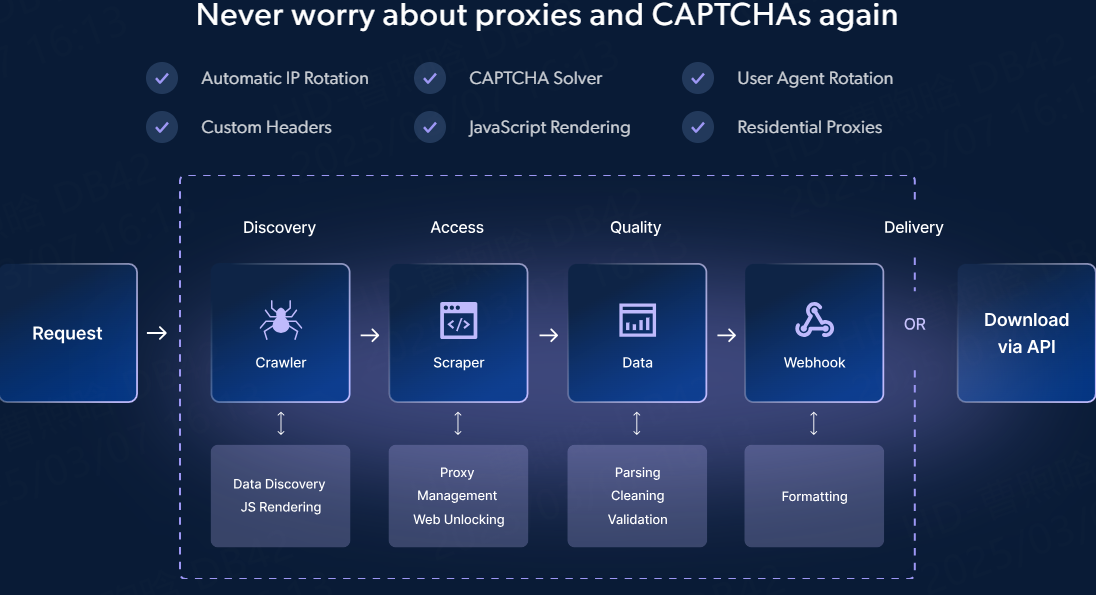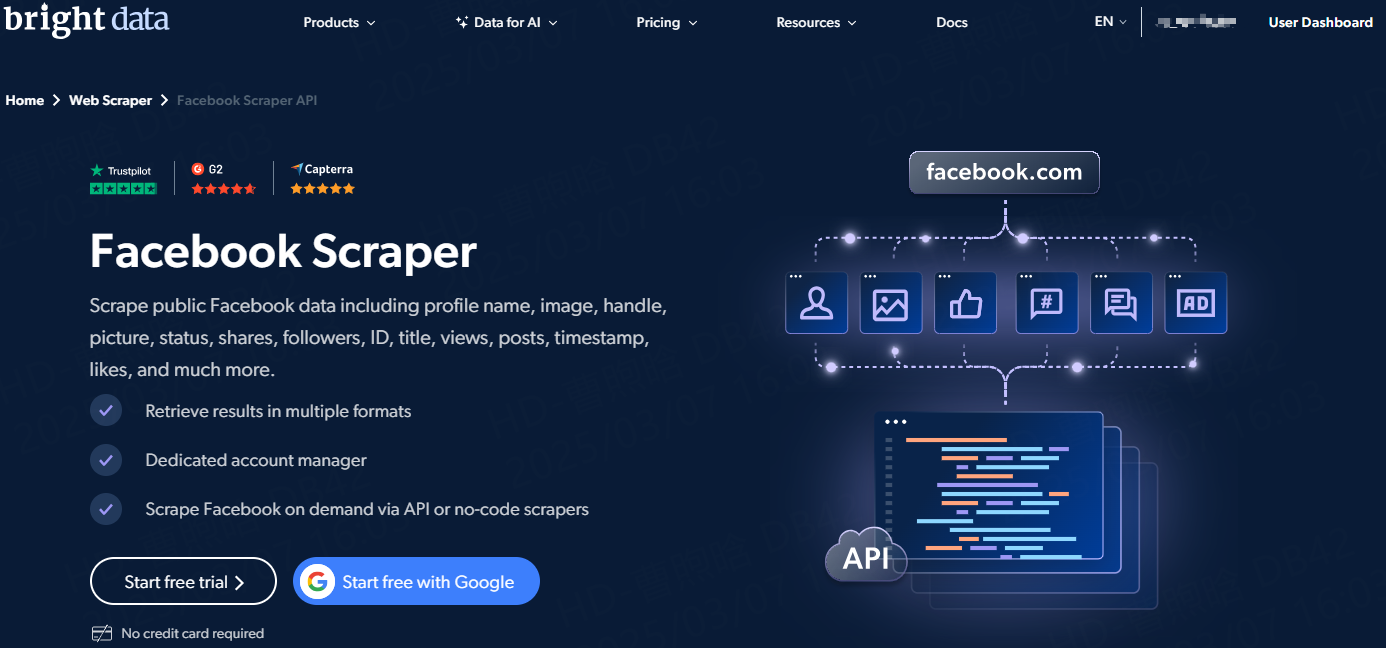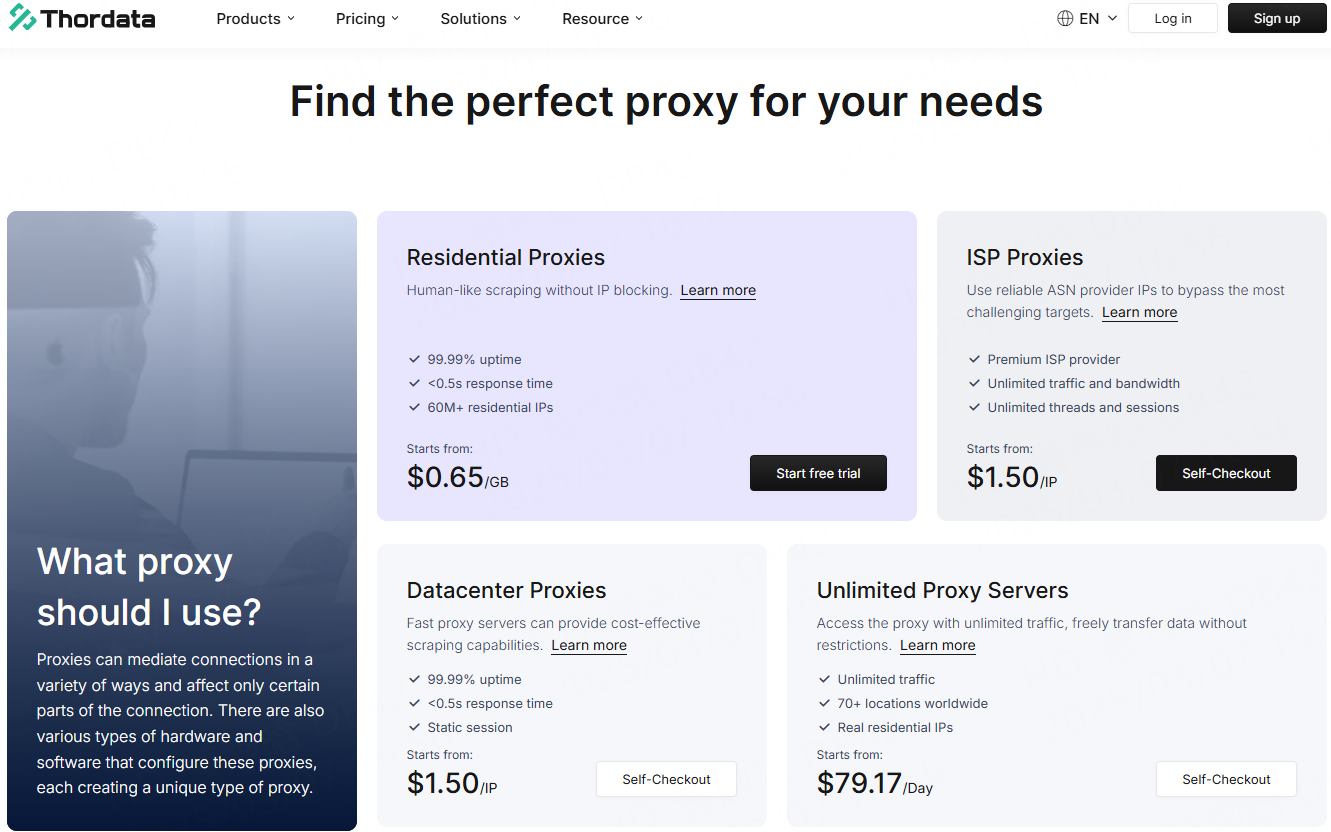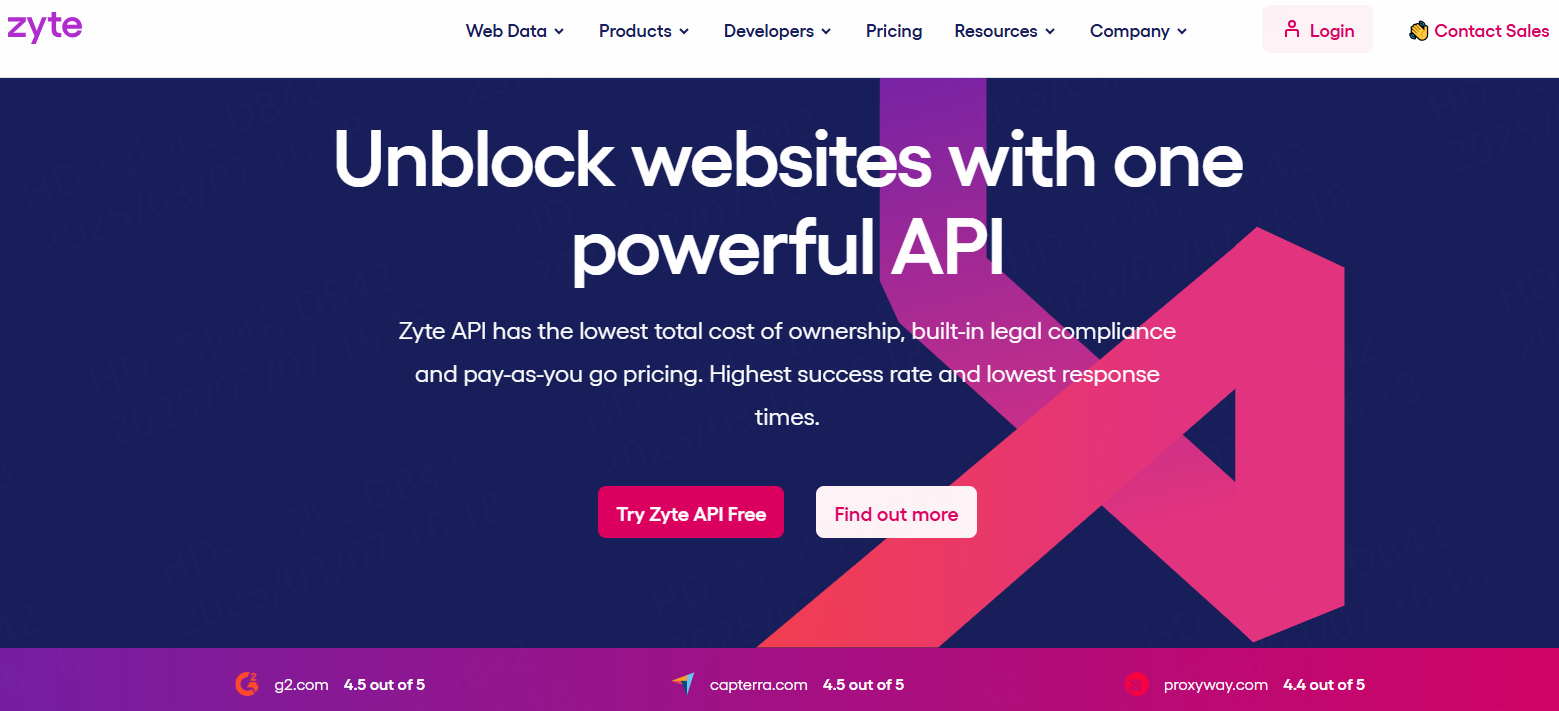Essential tips to master Facebook Reviews Scraping


In today’s digital world, customer reviews are one of the most powerful tools a business can use. Facebook, being one of the largest social media platforms, has millions of active users sharing feedback on businesses every day. But how can companies access, analyze, and leverage this treasure trove of customer insights effectively? The answer lies in a Facebook reviews scraper.
In this article, we’ll explore how scraping Facebook reviews can help enhance your business strategies. From understanding customer sentiment to refining marketing tactics, Facebook reviews provide valuable information. Let’s dive in and uncover the potential of scraping this data to boost your business.
What is a Facebook Reviews Scraper?
A Facebook reviews scraper is a tool or software designed to extract customer reviews from Facebook business pages automatically. This allows businesses to gather valuable feedback data quickly and efficiently without having to manually sift through each review. Instead of browsing individual profiles or posts, a scraper collects reviews in bulk and structures them in a format that’s easy to analyze.
Why should you use a scraper for Facebook reviews? Imagine trying to manually read and categorize thousands of customer opinions. It’s time-consuming, inefficient, and prone to human error. A scraper automates this process, saving you hours and providing a comprehensive view of customer sentiment and feedback.
How Does a Facebook Reviews Scraper Work?

A Facebook review scraper typically works by accessing Facebook’s API or using web scraping techniques to gather public reviews. Here’s a step-by-step breakdown of how it works:
Step 1: Setting Up the Tool
Once you choose a scraper tool, you’ll need to configure it to target the specific Facebook business page from which you want to extract reviews. Most scrapers require a URL or an API key for proper setup. Make sure the tool is set to extract reviews from the desired timeframe, whether it’s the most recent or reviews from the past year.
Step 2: Scraping the Data
After setup, the scraper begins collecting reviews from the Facebook page. It can extract various data points, such as:
User information (name, location)
Review content (text, comments)
Star ratings
Date of the review
Sentiment analysis (positive, negative, neutral)
Step 3: Structuring the Data
Once the reviews are scraped, they’re typically organized in a CSV, Excel, or JSON file. This structured data is easy to sort, filter, and analyze using tools like Excel, Google Sheets, or custom analytics software.
Step 4: Analyzing the Reviews
Now comes the critical part: analyzing the data. A scraper doesn’t just collect reviews; it can help businesses uncover actionable insights. You can identify patterns in customer feedback, detect common complaints, and highlight areas of success. For example, if many customers mention a product’s durability positively, you can highlight that in your marketing campaigns.
Why Should Businesses Use a Facebook Reviews Scraper?
Now that we know how the scraper works, let’s explore why it’s beneficial for businesses. In today’s competitive market, gathering and analyzing customer feedback is crucial for growth and customer satisfaction. Here’s why Facebook review scraping should be part of your business strategy:
1. Gain Actionable Customer Insights
2. Enhance Customer Experience
3. Monitor Brand Reputation
4. Refine Marketing Strategies
5. Track Competitor Sentiment
How to Choose the Right Facebook Reviews Scraper
Not all scrapers are created equal. When choosing a Facebook reviews scraper, you want to ensure that the tool is reliable, effective, and aligned with your business needs. Here are a few factors to consider:
1. Accuracy and Completeness of Data
You need a scraper that provides accurate and comprehensive data. If the tool misses out on important reviews or doesn’t capture certain data points (like star ratings or sentiment analysis), your insights will be incomplete. Look for a tool that can capture a wide range of data and ensure consistency.
2. Speed and Efficiency
Time is of the essence, and businesses don’t have the luxury of waiting days for review data. A good Facebook review scraper should work quickly without compromising data quality. Speed is particularly important when tracking reviews in real time or gathering feedback for specific marketing campaigns.
3. Ease of Use
Even the most powerful scraping tools won’t be useful if they’re difficult to use. Choose a scraper with an intuitive interface that’s easy to set up and use. The tool should be user-friendly, even for those with limited technical experience.
4. Customization and Flexibility
Every business has unique needs, so your scraper should be customizable to suit your requirements. Whether it’s choosing which types of reviews to scrape or setting specific filters, look for a tool that offers flexibility. You’ll also want a scraper that allows you to export the data in a format that works for you (CSV, Excel, etc.).
5. Compliance and Legal Considerations
Before using any scraping tool, make sure it complies with Facebook’s policies and terms of service. Scraping should be done responsibly to avoid violating any rules or facing legal issues.
The Best Facebook Scraping Tools in 2025
Nimbleway offers a scraper API with dedicated endpoints for Facebook.
The scraper has broad location coverage, and you can target specific states and cities. While Nimbleway primarily uses residential proxies, it also offers mobile IPs for difficult targets like Facebook.
Conclusion
Whether you’re a business owner looking for ways to improve your marketing strategies or an individual searching for ideas, Facebook is a great place to start. Web scraping Facebook can help you get detailed insights into user behavior, track trends, analyze engagement patterns, and much more.
Even though Facebook has the official Graph API, it imposes limits like the number of requests you can send and how much data you can get, and you also need to have a developers account.
Frequently asked questions
Is it legal to scrape Facebook reviews?
Scraping Facebook reviews is legal as long as it complies with Facebook’s terms of service. It’s crucial to use ethical scraping methods and respect user privacy when collecting data.
How can I analyze the reviews once I’ve scraped them?
Once you have the reviews, you can analyze them by looking for patterns in customer sentiment, common complaints, and trends. Tools like Excel, Google Sheets, or data analysis software can help you sort and visualize the data for better insights.
What are the benefits of using Thordata’s proxies for scraping?
Thordata’s proxies provide fast, anonymous, and secure scraping capabilities. They ensure that your scraping activities won’t lead to IP bans, allowing you to gather large volumes of data efficiently and without interruptions.
About the author
Jenny is a Content Manager with a deep passion for digital technology and its impact on business growth. She has an eye for detail and a knack for creatively crafting insightful, results-focused content that educates and inspires. Her expertise lies in helping businesses and individuals navigate the ever-changing digital landscape.
The Thordata Blog offers all its content in its original form and solely for informational intent. We do not offer any guarantees regarding the information found on the Thordata Blog or any external sites that it may direct you to. It is essential that you seek legal counsel and thoroughly examine the specific terms of service of any website before engaging in any scraping endeavors, or obtain a scraping permit if required.



